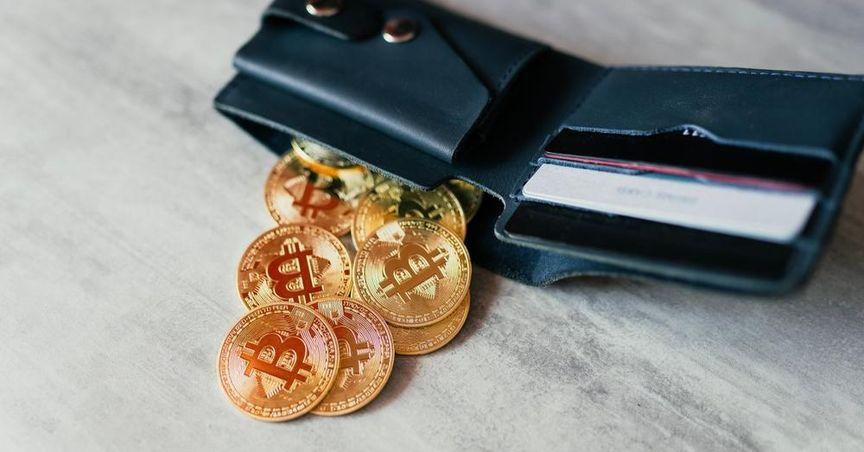Highlights:
- Worldcoin claims to have surpassed 10 million verified users, marking a key milestone in its expansion.
- The project uses biometric iris scanning technology to establish a decentralized proof of humanity system.
- Concerns about data privacy and mass surveillance are growing as Worldcoin faces regulatory challenges globally.
Worldcoin, a project focused on blockchain-based identity verification, has reached a milestone with more than 10 million verified users. This advancement is presented as a crucial step towards developing a secure system for online identity. With the rise of artificial intelligence, Worldcoin’s team believes that verifying human identity will become vital to ensuring ethical and reliable online interactions.
Biometric Technology for Secure Identification
Worldcoin utilizes biometric iris scanning technology through a network of devices known as orbs. These scanners analyze users’ irises and assign them a unique World ID, providing a decentralized form of proof of humanity. This approach contrasts with traditional identification methods, which often rely on centralized databases. The technology is designed to enhance privacy by ensuring that personal data is not stored in a centralized system, offering a more secure alternative to conventional identification processes.
Privacy and Security Concerns
Despite its innovative approach, Worldcoin has raised significant concerns related to privacy and security. Cybersecurity experts and privacy advocates have warned about the risks of large-scale biometric data collection. The project’s reliance on such data has sparked debates over the potential for mass surveillance and unauthorized access to personal information. Critics point to the challenges associated with maintaining the security and privacy of biometric data as the project expands.
Regulatory Challenges for Global Expansion
As Worldcoin’s user base grows, the project faces increasing regulatory scrutiny in various regions. Different countries have distinct laws regarding biometric data and privacy protection, and Worldcoin's decentralized model complicates its compliance with these regulations. The challenges of adhering to varying legal frameworks could impact the project's ability to expand smoothly across global markets. The evolving regulatory landscape will likely influence how Worldcoin navigates its future growth.



